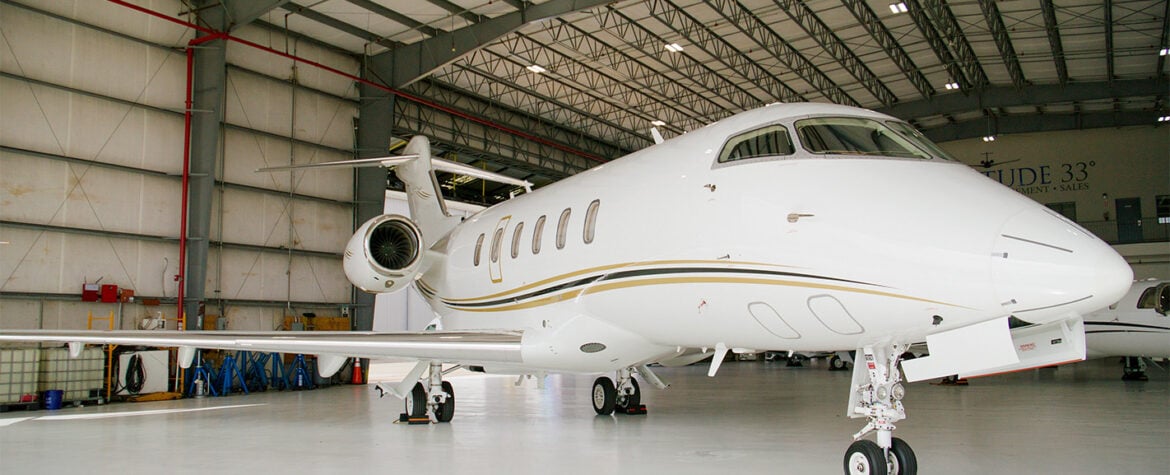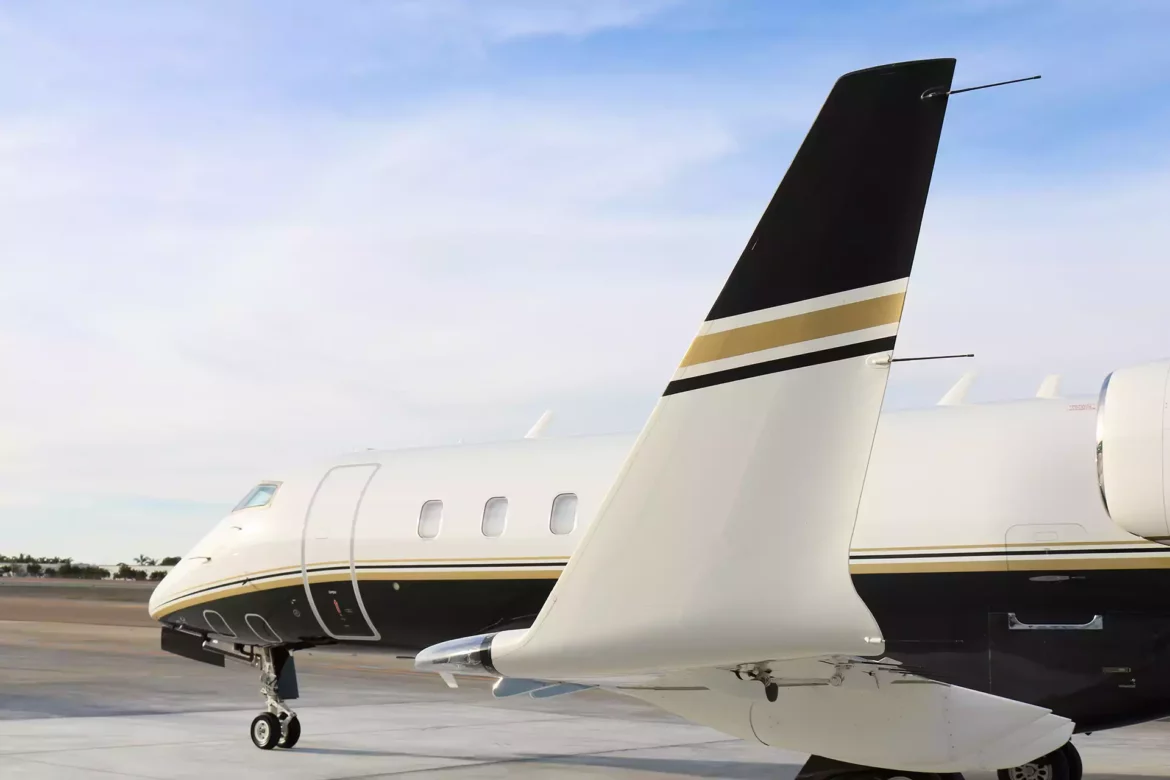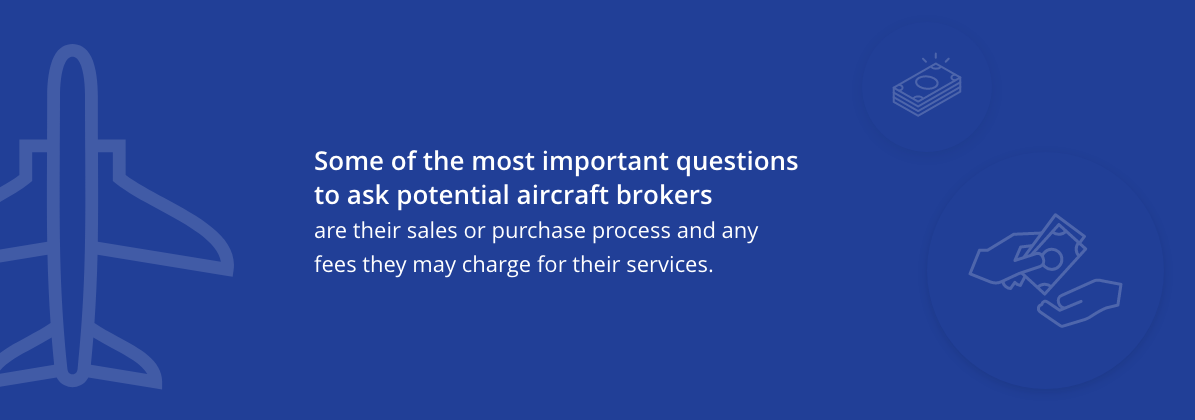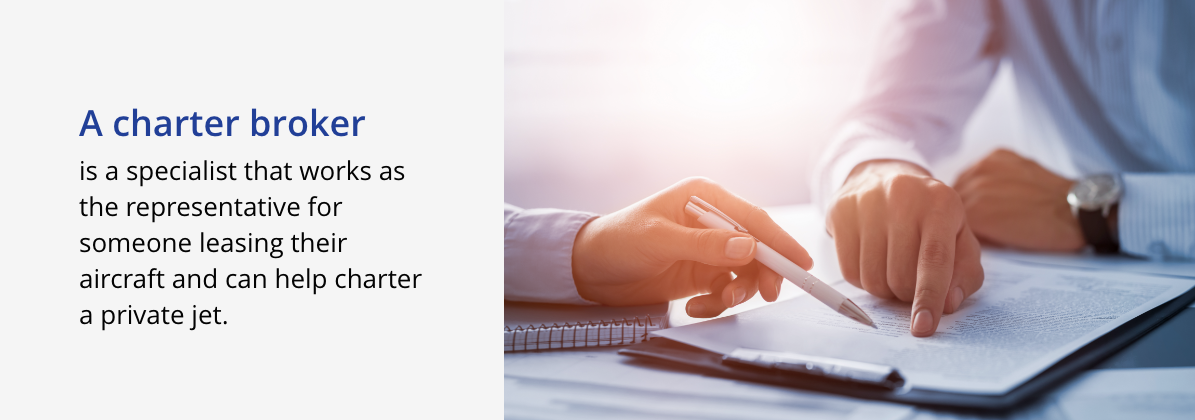Private aircraft can be a valuable tool for companies seeking increased accessibility, efficiency, and flexibility. While there may be numerous advantages to leasing or owning corporate aircraft, there are some important tax implications to understand beforehand. Fortunately, there may be room for tax deductions to lower these financial expectations.
This guide explores private jet tax implications and the various tax breaks for owning a jet to help you make an informed decision that aligns with your financial circumstances and business goals. It also delves into steps you can take to improve your chances of qualifying for tax deductions.
Private Jet Tax Implications
Owning and using a private jet may come with important tax considerations. Here are four of these tax implications to keep in mind:
1. Type of Personal Use
When someone uses company aircraft for personal reasons, they may incur tax. This is categorized as personal entertainment use or personal non-entertainment use. The category personal use falls into often depends on whether a spouse or guest was present, the agenda, and the time spent on personal or business activities.
For example, a personal entertainment flight might involve a trip to a sporting event or concert. Personal non-entertainment flights may include travel for medical treatment, work, or a funeral.
2. Imputing Income
A company may need to credit fringe benefit income to an employee when they use the company aircraft for personal non-business use. Two ways to measure the value of the employee’s transportation for accurate and correct reporting are to consider the charter rate for the trip or use Standard Industry Fare Level numbers. The company must report the imputed income on the employee’s W-2, and the employee must report the income on their personal tax return and pay the income tax.
3. Sales and Use Taxes
It may be helpful to consider purchasing an aircraft in tax-friendly jurisdictions for more manageable state sales and use tax requirements. Look into states that offer exemptions for aircraft purchases, no sales taxes or fly-away exemptions, which allow purchasers to avoid state sales taxes when they leave the state within a specified period.
4. Excise Taxes
Your private jet may incur excise taxes from the federal government on payments for aircraft fuel and air transportation. For this reason, it may be best to follow the appropriate ownership structure and avoid placing the jet in a separate legal entity that may trigger excise tax.
Are Private Jets Tax Deductible?
While private jets cannot be written off on taxes entirely, certain aspects of their taxes are eligible for tax deductions. For example, some necessary expenses associated with trade or business activities may be deducted. Therefore, it is important to track the different uses and travel expenses to allocate expenses appropriately between personal and business use.
What Are the Tax Breaks for Owning a Jet?
There are numerous tax benefits you can get from owning a private jet, from deducting maintenance and operating expenses to depreciating costs over your jet’s useful life. Here are a few private jet tax breaks you may leverage as a corporate jet owner:
Business Purpose Deductions
One of the most common private jet use deductions is when a person uses the jet for business purposes. Using aircraft for business purposes allows you to deduct costs related to insurance, fuel, maintenance, pilot salaries, hangar fees, and lease or loan interest payments.
It is important to make sure your jet is primarily used for corporate reasons to help you qualify for this tax benefit and many others. In these cases, you will want to maintain a meticulous record of business activity expenses and the purpose of each flight to demonstrate its benefit to your business.
Depreciation
According to the Tax Cuts and Jobs Act, bonus depreciation helps you deduct a reasonable amount of your jet’s cost. Originally, this rule included a 100% bonus depreciation write-off, which expired at the end of 2022.
The law is set to phase out by 20% each year. In 2023, the bonus depreciation was 80%. Following this, 2024’s bonus depreciation is 60%, 2025’s will be 40%, and 2026’s will be 20%. The bonus depreciation will be 0% in 2027 and beyond.
To avoid the recapture of bonus depreciation, your aircraft should be used for qualified business purposes at least 50% of the time during its depreciable life.
Federal Tax Credits
Particular use activities, such as using the aircraft in relation to research and development, may qualify for federal tax credits. Check for eligible activities and expenses and speak with a tax advisor to ensure you document them correctly and follow the appropriate filing procedure.
State Tax Credits
Private jet owners may also qualify for state tax credits on activities related to economic development and job creation as it incentivizes private jet ownership to improve local economies. Check whether there are available state tax credits in your region and speak with tax professionals to find ways to maximize credits.
Charitable Flights
You may be eligible for deductions when using your private jet for charitable objectives, such as for delivering humanitarian aid. Consult IRS guidelines and a tax professional for guidance and keep a detailed record of these flights and their related expenses.
Tax Benefits of Chartering a Private Jet
While owning a private jet may come with worthwhile tax benefits, it’s worth considering alternative options like private charter flights to avoid some private jet ownership tax implications.
Chartering a private jet for business purposes may allow you to deduct some chartering costs as ordinary business expenses. Chartering also offers flexibility by allowing you to fly on a well-equipped jet on short notice, without needing to prepare staff or take care of other aircraft management activities.
Buy or Charter a Private Jet With Latitude 33 Aviation
Whether you choose to partake in private jet charter flights or invest in owning a private aircraft, Latitude 33 Aviation may be able to assist you.
Latitude 33 Aviation is an aircraft sales and acquisitions, executive jet management, and private jet charter company in California. We offer our clients some of the latest aircraft models from industry-leading manufacturers, whether new or pre-owned. Clients may also choose from different types of jets, including light, midsize, super-midsize, and heavy private jets. If you plan to use our private charter services, you can expect flexibility regarding aircraft availability, improved time savings, and privacy and comfort.
Receive private jet assistance from our professional sales team by contacting us for more information today.
This material has been prepared for informational purposes only, and is not intended to provide, and should not be relied on for, tax, legal or accounting advice. You should consult your own tax, legal and accounting advisors before engaging in any transaction.










